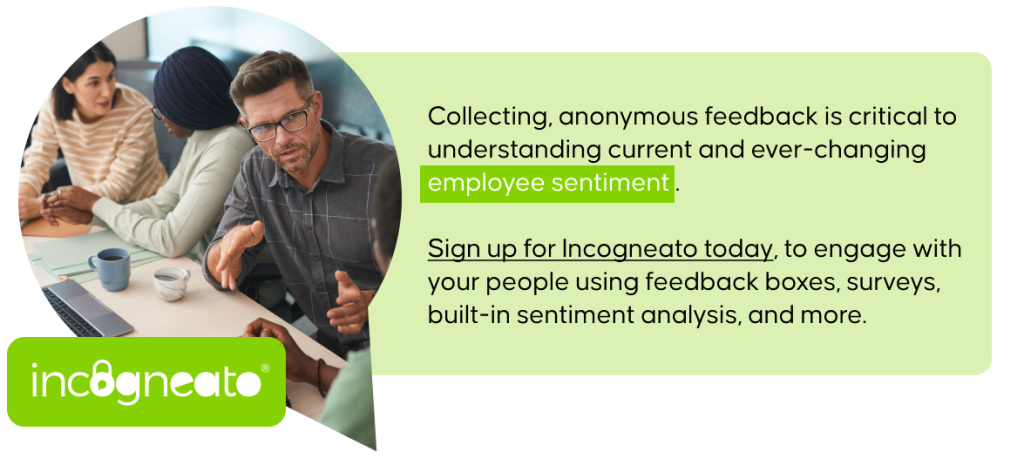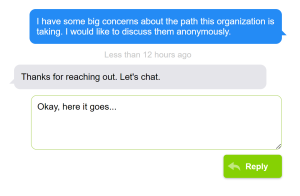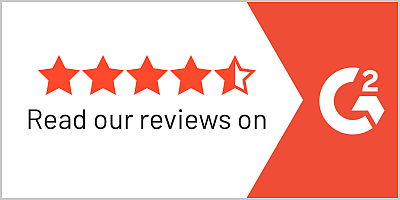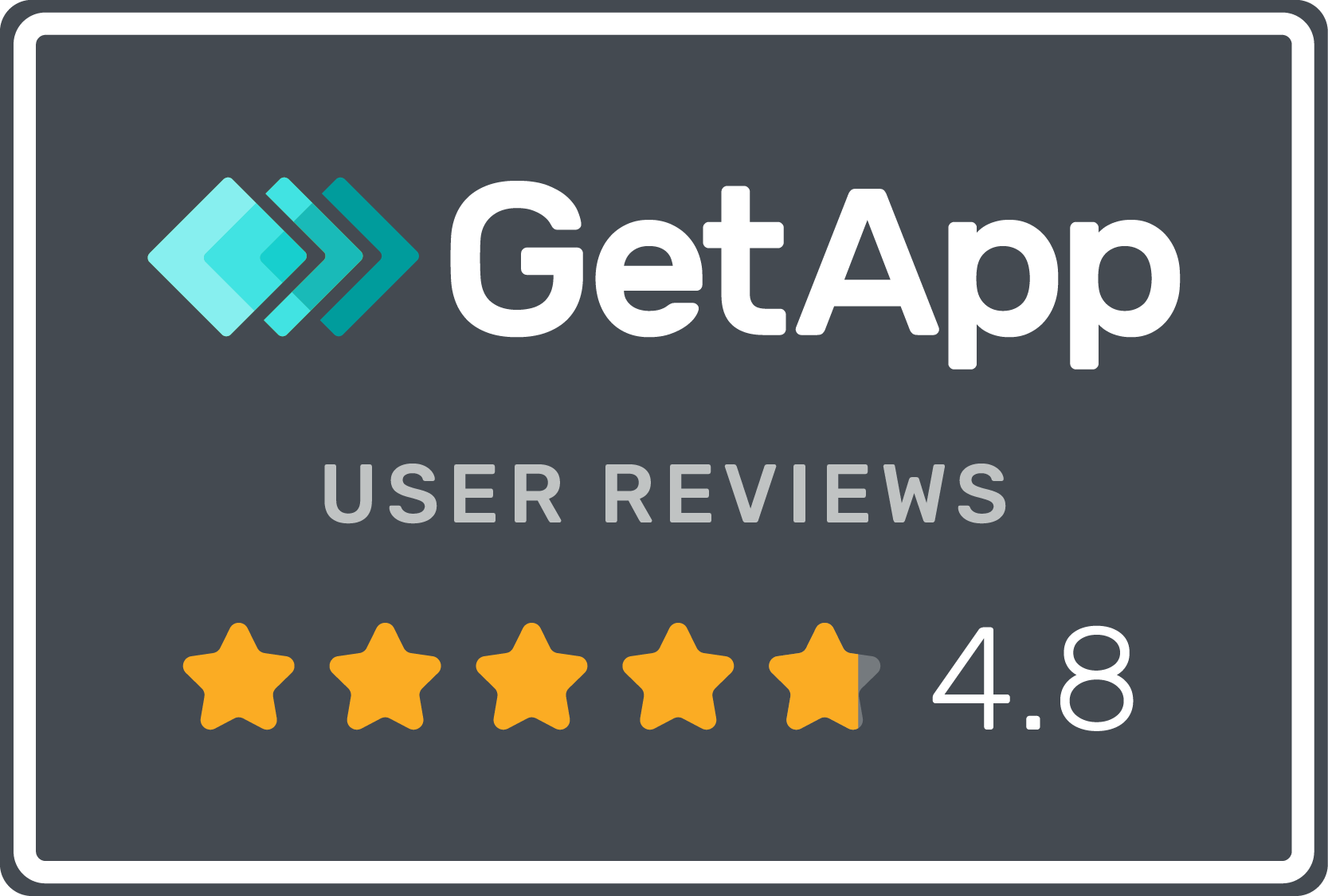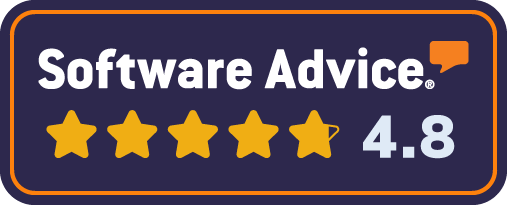Anonymous Employee Feedback Can Be Uncomfortable — And That’s Okay
Posted November 12th, 2024
Receiving feedback is never easy, but when that feedback is anonymous, it can feel especially challenging. As a leader or manager, it’s natural to feel defensive when you’re confronted with criticism that you can’t immediately address or clarify. Anonymous employee feedback often feels impersonal, and it can trigger feelings of doubt, frustration, or even self-protection. After all, there’s no face to attach to the comments, and it’s hard not to wonder whether the feedback is fair, accurate, or just a reflection of personal bias. But while anonymous feedback can be tough to digest, it’s essential to recognize that it presents a unique opportunity for growth, both personally and for your organization.

Why is employee feedback hard to hear?
Anonymous employee feedback can be difficult to hear is because it often highlights blind spots. As a manager, you might be deeply invested in your leadership style or the decisions you’ve made, and hearing that some employees are dissatisfied can feel like an attack on your capabilities. Since the feedback isn’t tied to a specific individual, it can be challenging to understand the context or get more information. You might even feel that it’s not entirely fair, especially if it touches on something that you feel is out of your control or doesn’t align with your perception of the situation. However, this is where you must remind yourself that anonymous feedback can give employees the courage to voice concerns that they might otherwise keep to themselves. It’s an important signal that there are areas for improvement — areas that you might not have seen on your own.
Next, anonymous feedback can be vague, which leaves room for misinterpretation. You might receive comments like “The communication here is bad” or “Management doesn’t listen,” which can feel frustrating because you don’t know exactly what the underlying issues are. Without knowing who’s providing the feedback or the specific scenarios they’re referencing, you can struggle to pinpoint what needs to change. It’s tempting to dismiss such feedback as unhelpful, but the key is to look at patterns over time. If you notice similar comments emerging from multiple anonymous sources, it’s a clear indication that something is off, and ignoring it could perpetuate problems within the team. Even if the feedback is not entirely specific, it’s still worth investigating further.
So, why should you listen to anonymous feedback, even when it feels hard to accept?
First, because it provides an unfiltered view of the organization. Employees often feel more comfortable sharing their true thoughts when they know they won’t face direct repercussions. This honesty can offer invaluable insights into the state of your workplace culture, employee satisfaction, and areas where improvements are needed. Second, addressing anonymous feedback shows that you value transparency and are committed to improvement. When employees see that you take their concerns seriously, even when they are difficult to hear, it can foster trust and a sense of accountability. Finally, tackling anonymous feedback head-on can help build a more open, supportive environment in which employees feel empowered to share their thoughts — both positive and negative — in a constructive manner.
The most important step after receiving anonymous feedback is to take action. Rather than getting bogged down in defensiveness, take time to assess the feedback with an open mind. If needed, follow up anonymous with team members to gain clarity on the concerns being raised. Involve your leadership team to brainstorm solutions or make necessary adjustments. And importantly, communicate to your employees that you’ve heard them and are working to make positive changes. Acknowledging that feedback is a gift — even when it’s difficult — sets the stage for a healthier, more communicative workplace culture, where feedback is not feared, but embraced as a powerful tool for growth.
Let’s talk about Incogneato!
Incogneato is an ideal tool for anonymous employee feedback because it offers a unique blend of privacy, ease of use, and actionable insights, all while maintaining a strong focus on building trust within organizations. In today’s workplace, employees often hesitate to share honest feedback due to concerns about retaliation, judgment, or not being taken seriously. Incogneato addresses these challenges by ensuring complete anonymity, which encourages employees to speak freely about their experiences, concerns, and suggestions without fear of repercussions.
TRY IT OUT
Check Out Incogneato Now


